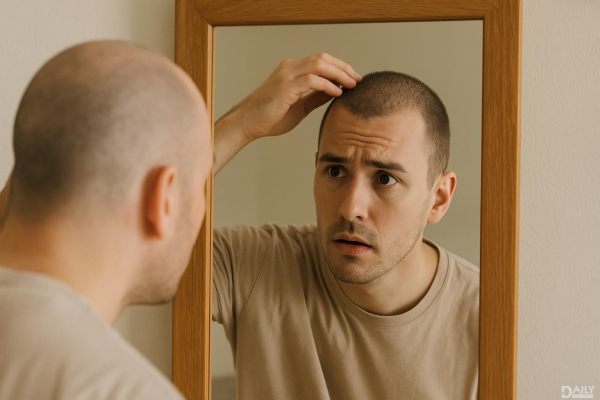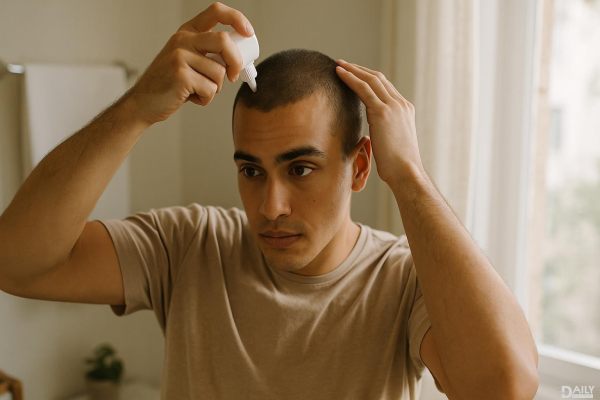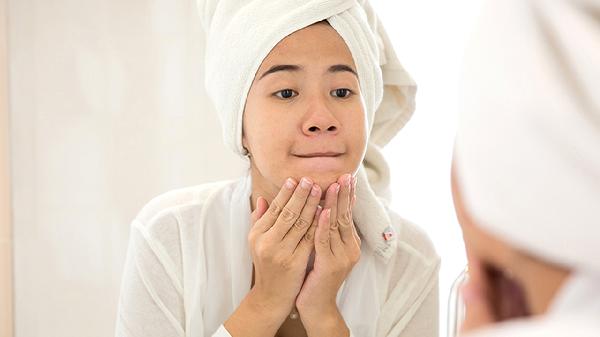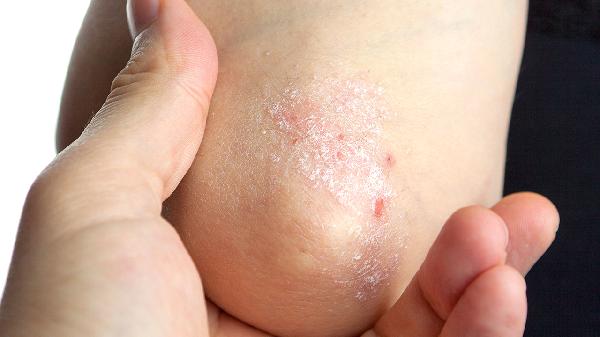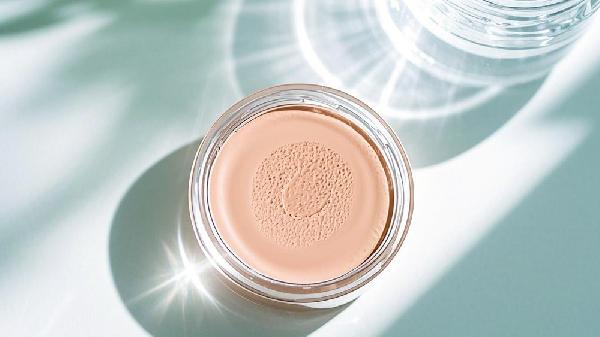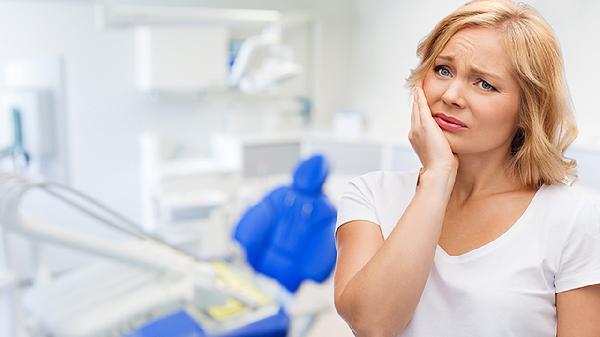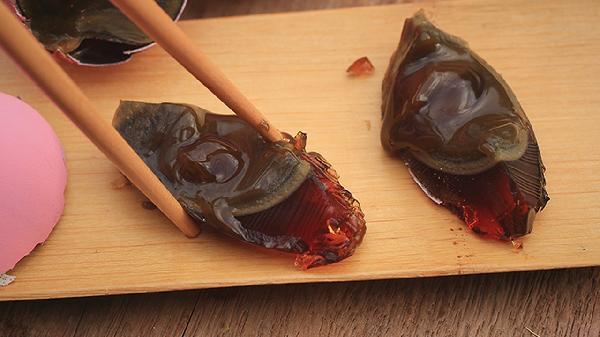Hair loss is a common concern that many people face, often without understanding the underlying causes. While it may seem like hair loss occurs suddenly, there are several factors that contribute to this issue. Understanding these causes and adopting a healthy diet can help mitigate hair loss. Below, we explore the reasons behind hair loss and the foods that can promote healthier hair.

Causes of Hair Loss
Excessive Weight Loss
Weight loss is a popular goal for many, but extreme methods such as crash dieting or relying on weight-loss pills can lead to nutritional deficiencies. These deficiencies often result in hair loss, as the body lacks the essential nutrients needed to maintain healthy hair.
Stress
High levels of stress can trigger hair loss by disrupting the body’s hormonal balance. When the endocrine system is affected, it can lead to an overproduction of scalp oil or excessive dryness, both of which hinder hair growth.
Cancer Treatments
Chemotherapy and radiation, common treatments for cancer, frequently cause hair loss as a side effect. These treatments target rapidly dividing cells, including hair follicles, leading to significant hair shedding.
Prolonged Screen Time
Individuals who spend long hours in front of computers or using mobile devices often experience hair loss. The intense focus and heightened brain activity associated with prolonged screen time can disrupt the body’s metabolic processes, affecting hair follicles.
Unhealthy Diet
A diet high in oily and spicy foods can exacerbate hair loss. Excessive oil production on the scalp can lead to bacterial growth, while the acidic byproducts of oil secretion can damage hair follicles. Spicy foods, on the other hand, can dry out the hair, making it more prone to breakage.
Carbonated Beverages
Frequent consumption of carbonated drinks like soda can negatively impact overall health, including hair health. These beverages can disrupt digestion and hinder nutrient absorption, depriving the body of essential vitamins and minerals needed for hair growth.
Lack of Sleep
Sleep deprivation interferes with the body’s production of growth hormones, which are crucial for hair regeneration. Chronic sleep deprivation can lead to hormonal imbalances, resulting in hair loss.
Chronic Illnesses
Conditions such as scalp eczema, anemia, and excessive sebum production can also contribute to hair loss. Addressing these underlying health issues is essential for preventing further hair shedding.
Foods to Combat Hair Loss
Whole Grains
Whole grains, such as whole wheat bread and fortified breakfast cereals, are rich in zinc, iron, and B vitamins. These nutrients are vital for maintaining healthy hair and can be easily incorporated into daily meals.
Nuts
Nuts are an excellent source of selenium, a mineral essential for scalp health. Brazil nuts, in particular, are a great source of selenium, while walnuts provide omega-3 fatty acids and zinc, both of which promote stronger hair.
Legumes
Beans and lentils are packed with protein, iron, zinc, and biotin, all of which are crucial for hair growth. Incorporating legumes into your diet can help prevent hair from becoming brittle and weak.
Leafy Greens
Dark green vegetables like spinach, kale, and broccoli are rich in iron and calcium, which help maintain the natural texture and strength of hair. These vegetables also support the production of melanin, the pigment responsible for hair color.
Conclusion
Hair loss can significantly impact one’s appearance and self-confidence. By understanding the causes of hair loss and making dietary adjustments, it is possible to promote healthier hair. Incorporating whole grains, nuts, legumes, and leafy greens into your diet, along with maintaining a balanced lifestyle, can help reduce the risk of hair loss and support overall hair health.
